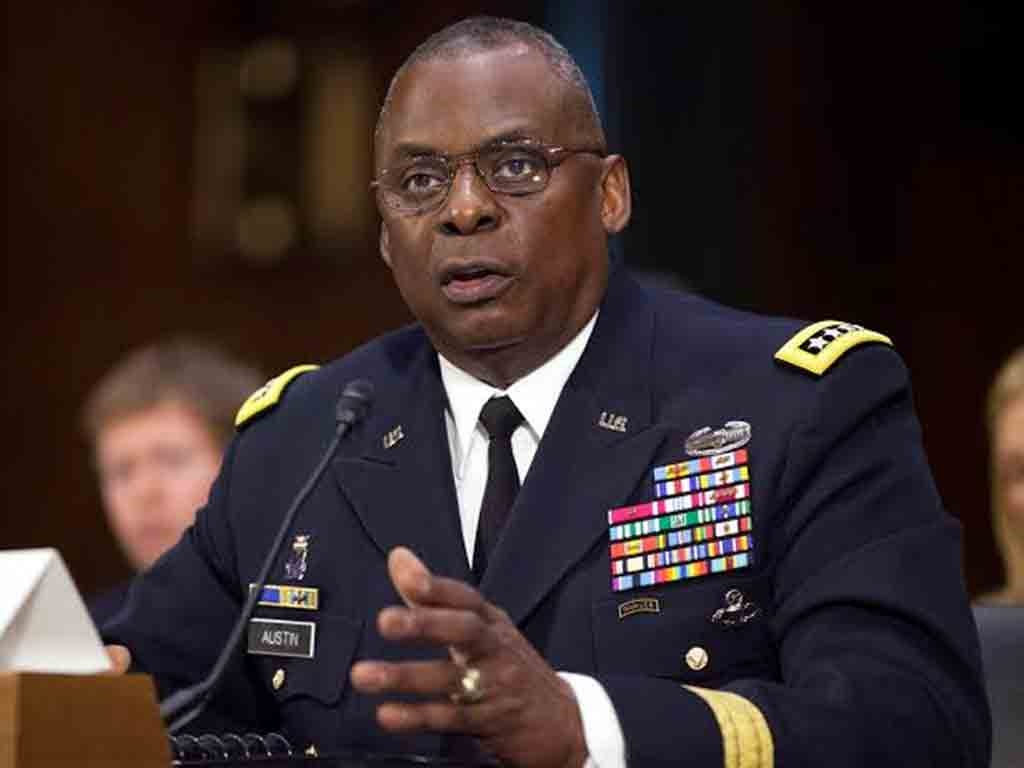
By Karina Marrón González
United States is proud to stand with all those who seek free, open and democratic governments in Africa, said U.S. Defense Secretary Llyod Austin during his visit to Angola.
The phrase, uttered by Austin the day before in a speech on the new angles of his country's policy towards the continent, although it seems clear about Washington's intentions, does not explain what are the standards under which they evaluate freedom, openness or democracy.
The official's tour, which included Kenya and Djibouti in addition to Angola, was intended to "reaffirm the commitment of partnership" of the United States to Africa and to the "improvement of its security".
It was the angle that was missing in the offensive launched by Joe Biden's administration, after the meeting with African leaders in December last year, and the subsequent visits of Secretary of State Antony Blinken (to Niger and Ethiopia) and Vice President Kamala Harris (Ghana, Tanzania and Zambia).
Now it was the turn of none other than the Secretary of Defense, at a time when Africa is struggling with the resurgence of coups d'état, the threat of terrorism, and internal conflicts that continue to affect civilian populations.
Austin, who is billing himself as the first black to hold that post in the United States, rather than a former four-star general, then spoke of "The Power of Partnership," and stressed that while "other powers view African countries as proxies or even pawns," the White House sees them as partners.
The message: we can help them become "safer, freer and more just"; "deepen defense relations, always on the basis of mutual equality and respect"; and "empower them to find local, national and regional solutions to the dangers they face."
However, the experience of previous years points to the fact that aid has never been so disinterested or so respectful.
Recall only that when, in 2011, the African Union Peace and Security Council drew up a comprehensive roadmap to roll back the conflict in Libya, and intended to send a mission for that purpose, France and the United States began bombing that country.
The action, which showed great contempt for the African institution, seems today a thing of the past, but it should not be forgotten, especially when after the North Atlantic Treaty Organization's war against Libya, the Sahel region became embroiled in conflicts that continue to this day, the same conflicts that the United States has come to "teach" how to manage.
The Defense Secretary offered assistance to partner countries' security forces, including professional military education, capacity building, counter-terrorism training, logistics, and maritime security cooperation.
In addition, he said Washington is working to help its "friends in Africa build stronger institutions" and to find "creative ways to prevent conflicts before they start."
He included in that package cybersecurity, "to expand cyber information sharing to help African countries fight the digital evil of external disinformation," just the country with the biggest international scandals for spying on the communications of others.
But it is clear, in a context where Africa is once again in the sights of the great powers for its immense natural wealth, and where material shortages and insecurity become vulnerabilities that can compel to accept the outstretched hand without adequately assessing the consequences, the United States does not want to be left out.
Biden said it, the future is written right now in Africa, and this motivates to show the best face, talk about respect, while on the other hand ensure greater influence in the field of defense, in a continent where they have about thirty known military facilities.
"The peoples of Africa deserve to chart their own sovereign paths," said the U.S. Secretary of Defense, but history reminds us that Washington has always had the last word on which side is right.

